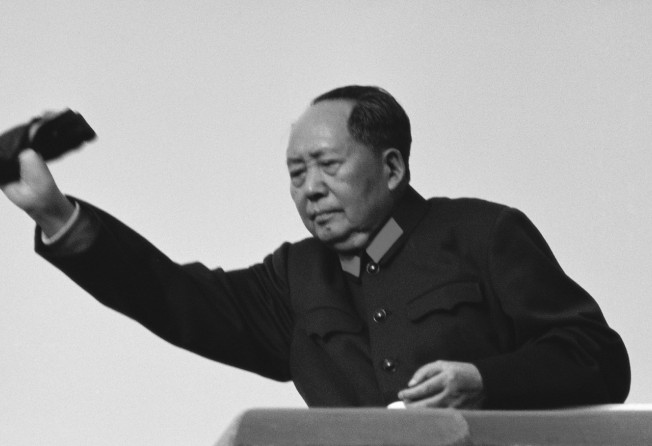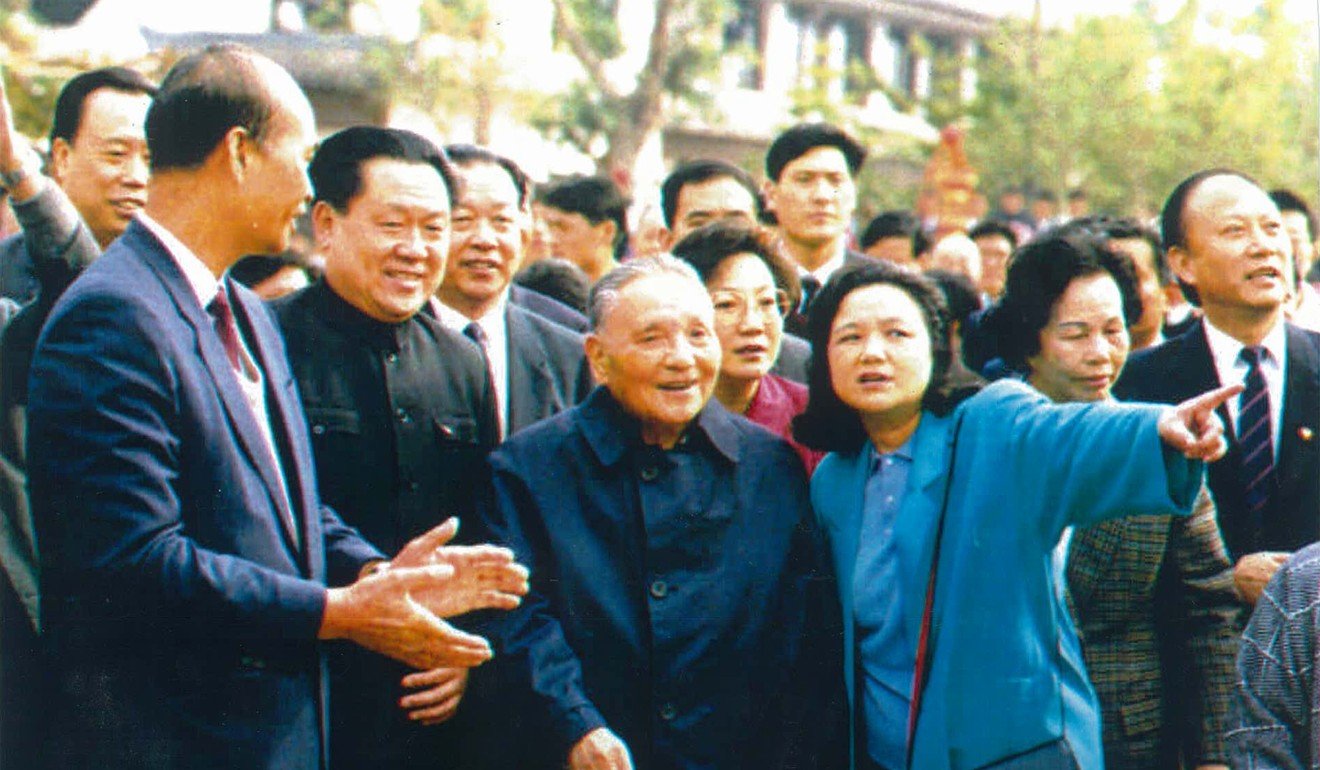How China’s capitalist entrepreneurial spirit arose from the ashes of revolution
- Communist father of modern China left much chaos that would become the spark for market-based reforms
- These reforms now mean private companies are the Middle Kingdom’s major job creators

The world is getting used to a China that is an engine of innovation in digital payments, artificial intelligence, green energy and e-commerce. It’s a vastly different China from the one envisioned by its founding father, Mao Zedong.
In 1949, in the ruins of World War II and a civil war at home, the Communist Party led by Mao quickly made plans to transform China into a socialist state modelled on the Soviet Union.
It set up agrarian co-operatives – which later morphed into People’s Communes – in the countryside and pressured private merchants in cities to hand control of businesses to the government.
By the end of 1956, Mao had purged millions of landlords and business owners to eliminate any form of private property, which he saw as the basis of capitalism, according to The Cambridge History of China.
A collectively owned, centrally planned command economy took shape, controlling everything from factory output to workers’ wages and product prices.
But the string of tragic economic and political disasters that happened during the following two decades, including mass starvation that left millions of Chinese dead, prompted Deng Xiaoping and other party leaders to see the system’s deep-seated problems when they rose to power.
To rescue the country from the brink of bankruptcy after Mao’s Great Leap Forward and Cultural Revolution, Deng in 1978 shifted the party’s priority to economic development from class struggle, and decided to reform the economy.

With the landscape shift, the Chinese people’s long-repressed entrepreneurship and energy burst out.
Villages across the country that had engaged in the illegal practise of private farming in the late 1970s to avoid another great famine had their experiments recognised by Deng in 1980. Township and village enterprises flourished in rural areas subsequently.
Small business sprang up as millions of youths returned to urban districts after being mobilised into rural areas by Mao, and they pushed for the further relaxation of constraints on private enterprises, wrote Ronald Coase and Wang Ning in How China Became Capitalist.
Zhang Huamei, a 19-year-old street hawker selling buttons and toys to support her family, became the first registered private business owner in 1980, marking the official birth of China’s private sector.
Wenzhou, Zhang’s hometown would develop over the next few decades from a sleepy backwater into one of the country’s wealthiest cities, and be known as China’s cradle of private entrepreneurship.
Beginning in 1979, Deng set up special economic zones (SEZ), essentially ring-fenced areas where capitalism could be practised in isolation from the rest of the communist country.
By the end of 1989, the number of private enterprises had surged to over 90,000 with 1.6 million people employed, according to official figures.
“In the 1980s, the non-state sector was so new and novel that it had far more liberty and space to do things,” said Kerry Brown, professor of Chinese Studies and director of the Lau China Institute at the King’s College in London.
However, the decade-long progress towards a market economy suffered a setback in the late 1980s and early 1990s, when an attempt by the government to control prices led to panic buying and massive inflation.
Inflation skyrocketed by as much as 28 per cent in February 1989. Inflation and party corruption gave rise to a nationwide pro-democracy movement that culminated in Beijing’s military crackdown on June 4, 1989.
Economic reform stalled in the aftermath of the bloody Tiananmen Square crackdown. And China’s relations with the West soured.
It would then take the 88-year-old retired Deng to tour southern China, where market forces were most prominent, in 1992 to reinstate the reform plan.
Deng advocated for a pragmatist spirit to resolve the perceived conflict between a socialist society and its private sector, which many deemed to be capitalist, Coase and Wang wrote.
A famous maxim of Deng – “It does not matter whether a cat is black or white, as long as it catches mice” – captured his revolutionary thinking that socialism can also make use of the market economy.
A historic Party Congress in 1992 declared that the country’s reform goal was to become a socialist market economy, which allows “diverse forms of ownership economy” – private and foreign enterprises – to develop alongside the dominant, publicly owned economy.
This gave rise to another wave of entrepreneurship, in which 120,000 people resigned from government departments and state-owned companies to start their own businesses, according to official figures.
In the footstep of Deng, his successor Jiang Zemin in 2001 invited private businessmen to join the Communist Party, a marked reversal to recognise the rising influence of entrepreneurs in determining China’s future.
Prices were reformed in the 1990s with a new tax system, followed by China joining of the World Trade Organisation in 2001. The arrival of the internet led to the dot-com boom of the late 1990s and early 2000s, during which today’s tech juggernauts like Tencent Holding and Alibaba Group Holding - the owner of the South China Morning Post - were founded.
China’s rubber-stamp legislature eventually moved to write the protection of private property into China’s constitution in 2004, and enacted the Property Law in 2007.
“The most profound element of China’s development in the past 40 years is the rise of entrepreneurship and the innovation that came along,” said Edward Tse, chief executive of Gao Feng Advisory Company and author of China’s Disruptors: How Alibaba, Xiaomi, Tencent, and Other Companies Are Changing the Rules of Business.
All the entrepreneurship came from the same source – the economy’s near destruction at the end of the Cultural Revolution, which forced people to try different ways to survive, Tse said.
“And this spirit has manufactured as the entrepreneurship we see today,” he said.